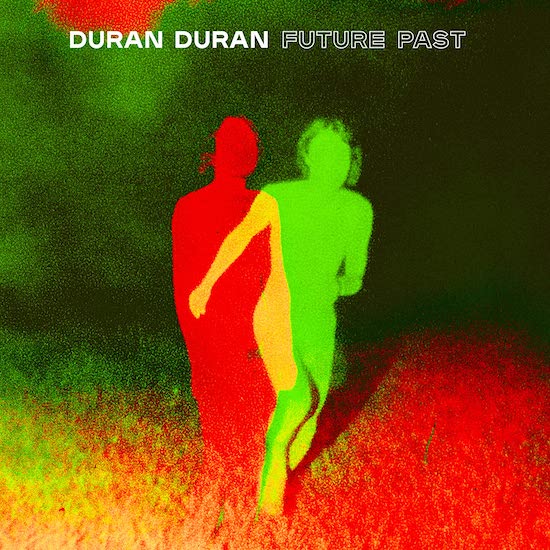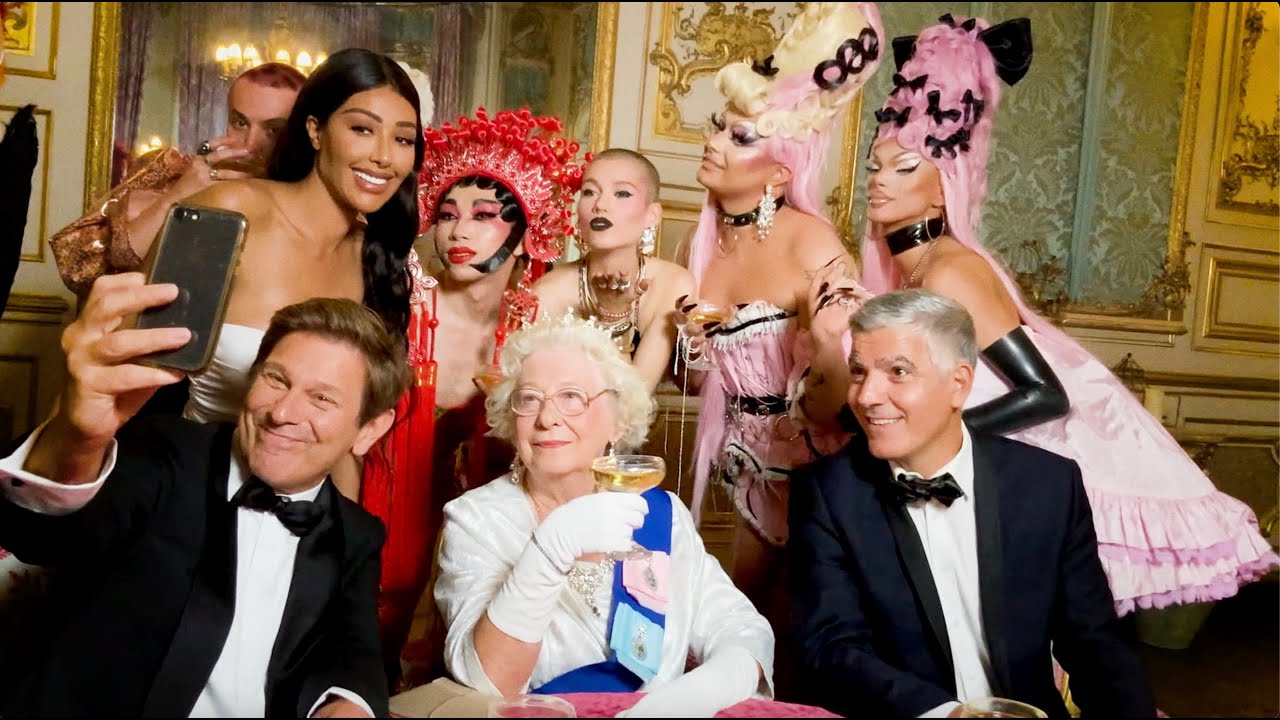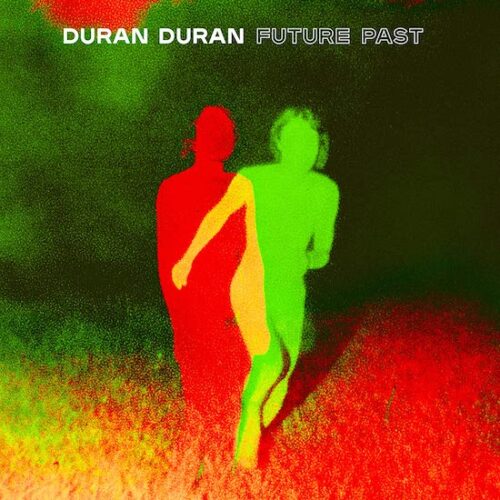Duran Duran’s 21st century life remains an at-times bemusing story. Following 2004’s Astronaut, bringing back the entirety of the group’s most famous quintet lineup one last time, the following albums have been everyone minus guitarist Andy Taylor since, but with a lot of other people along the way. While always still centrally Duran Duran aiming to do what they do best – catchy, sleek pop-funk/rock – said albums also serve as snapshot moments about who had some buzz at the time or was available to do a cameo, from Timbaland and Justin Timberlake to Janelle Monáe and Mr. Hudson. It’s somewhere between a mutual appreciation society – older act keeps up with the kids, the kids work with the legends – and what had been a self-contained unit slightly evolving into the hip-hop/r&b model of overlapping guest appearances. Not surprising, really, when you think about how Duran Duran from the get-go had this air of being present, right now, even as time added to a chronologically front-loaded canon.
So on the one hand the appropriately titled Future Past is another album in that vein, arriving in the year of the 40th anniversary of their debut full-length and what’s been a year of notable retrospection and appreciation of a real legacy. (Side note: if you haven’t read Annie Zaleski’s thoughtful study of Rio published earlier this year via the 33 ⅓ book series, take the time because you’ll learn a heck of a lot as a result.) That guests this time around would include everyone from Tove Lo and CHAI and Graham Coxon to Ivorian Doll and Mike Garson? Not surprising. Producers would include Erol Alkan, Giorgio Moroder, and now-regular collaborator Mark Ronson? Sure, why not! Honestly one of the ways 21st-century Duran albums can often feel great is if they’re just carrying on a decades-long party to which people are showing up because they hear it’s the best kind of rager, if a politer one.
But does Future Past land? It does but with a slight caveat. Nearly every track is a mid or uptempo number, the stately title track being a notable exception, and only the slower ‘Falling’, featuring Garson on piano, really relaxes, right at the end. As a result of all the propulsion, it takes a couple of plays for the songs to individually stand out. Simon le Bon’s still remarkably youthful voice remains the most recognisable element but John Taylor’s bass and Nick Rhodes’s ear for keyboard shade come into their own, while Roger Taylor retains his steady presence on drums. If the hysteria of the past can never be recaptured, when they just let themselves be the smooth veterans they are on songs like ‘All of You’, ‘Anniversary’, or ‘Beautiful Lies’, it’s a real kind of electronic traditionalism that they comfortably embrace. Keep the party going and just always let them be their best selves.




